A South London Carol
How Christmas traditions are being reshaped by the pandemic
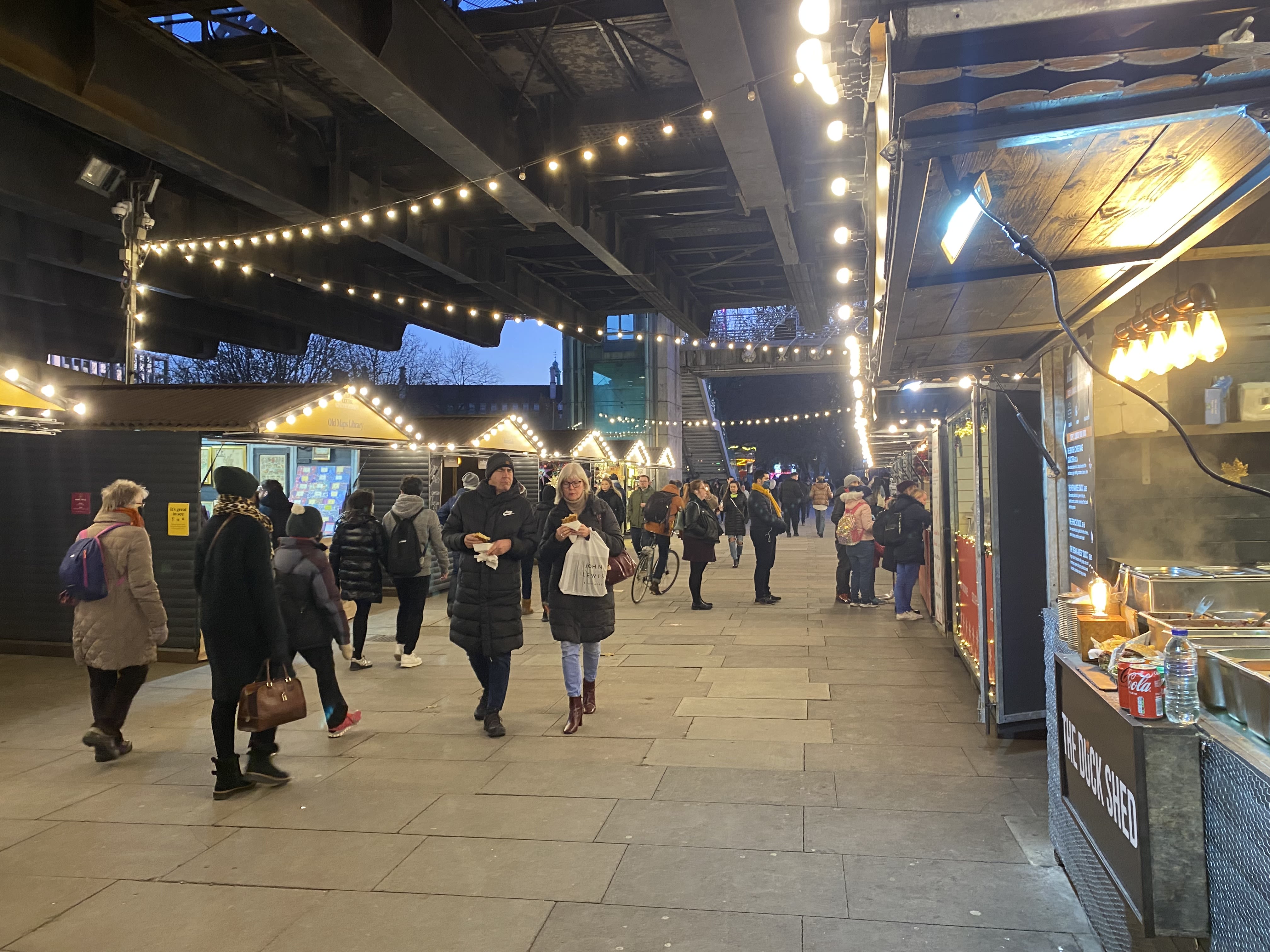
When it comes to annual festivals recognised in the UK, there is none bigger than Christmas.
According to a YouGov poll from earlier this year, it is the UK’s second most popular national/religious event, with 79% popularity, coming just behind Remembrance Day.
For millennials, it is the most popular.
It’s a festival steeped in tradition which goes beyond religious observance.
Christmas decorations, lights, food, trees, films, carols, songs, presents, the list is almost endless, and these have been part of worldwide celebrations year on year for decades, some for centuries.
However, with many of these impossible during the height of the second coronavirus wave in 2020, things had to change and priorities shifted.
Now as the Omicron variant adds a great deal of uncertainty to this year’s celebrations, and Plan B restrictions have come into force, the question was asked at a Government press briefing on 27 November whether we will ever get back to life as normal in the Winter (23:41 in the video below).
Sir Patrick Vallance and Professor Chris Whitty assured the public that the outlook for the future is good, and restrictions to this degree are unlikely to be an annual occurrence going forward, but many remain unconvinced.
The Office For National Statistics (ONS) released figures earlier this month which show 16% of adults believe life will never return to normal, compared with only 3% who said the same at the start of the year.
So how different are our Christmas traditions during the pandemic?
To understand where they are and where they are going, we first have to revisit the past.
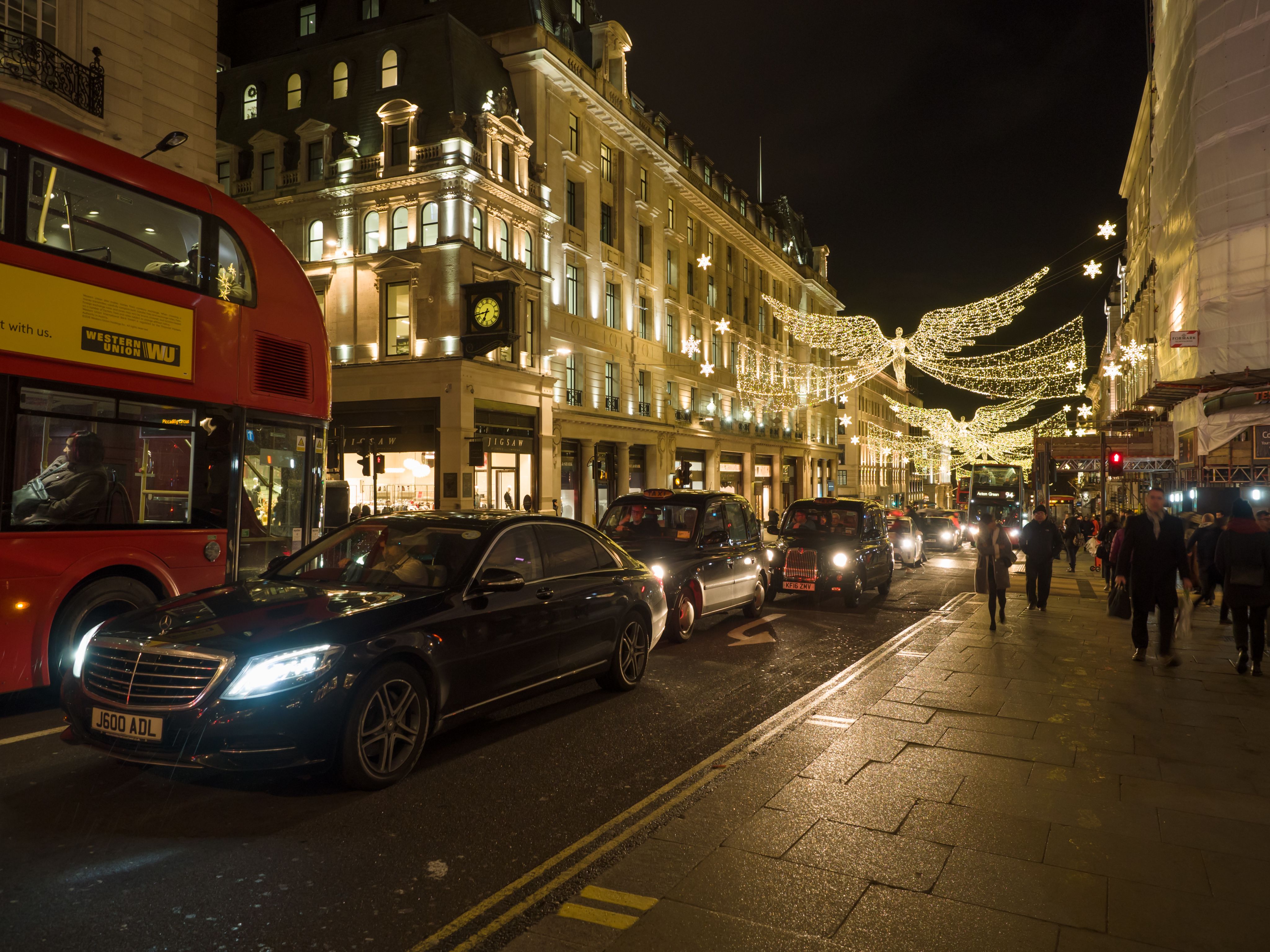
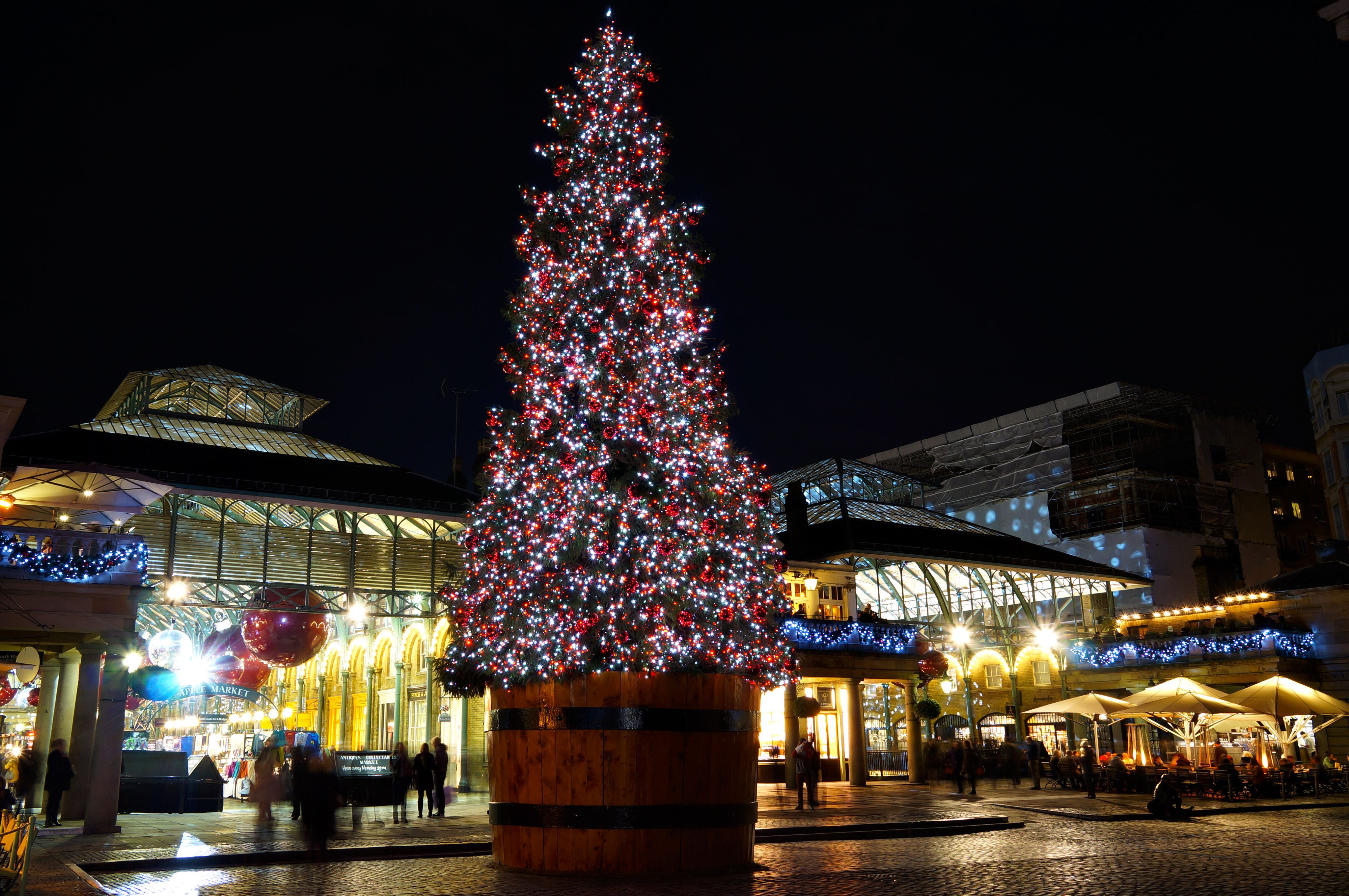
Christmas Past
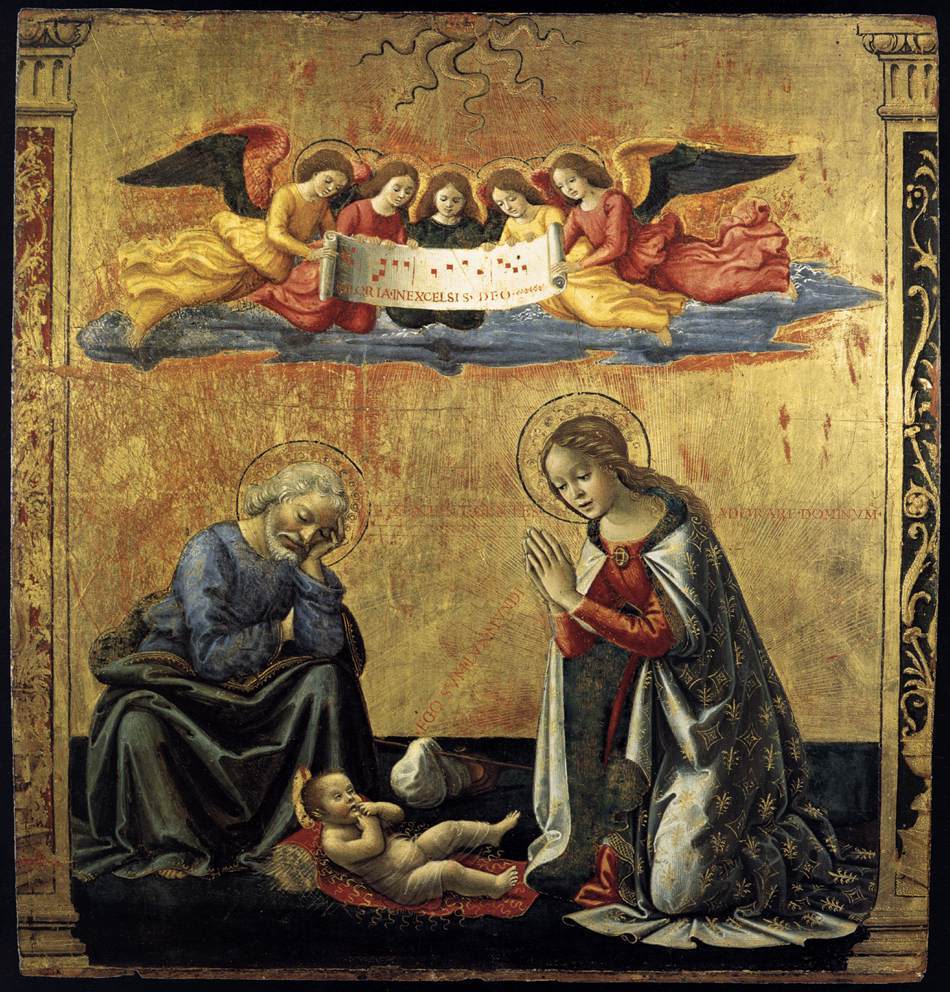
Christmas has been celebrated in some form for centuries.
The nativity story is recounted in the Gospels Luke and Matthew, although neither of these say when Jesus was born.
Today, Christmas is the most widely observed day in the Christian calendar, and is celebrated through various traditions, often starting many weeks before 25th December.
However, this hasn’t always been the case.
Dr Alexis Artaud de La Ferrière, 35, is a lecturer in sociology at Royal Holloway College University of London, whose research focuses on the relationship between religion, politics and society.
He said: “Over the long term, one thing that had evolved is the importance given to Christmas, relative to Easter, in various Christian Churches.
“The celebration gained popular and liturgical importance during the medieval period in northern Europe.
“Some folkloric elements we still associate with Christmas today were fixed during this period: holly wreaths, decorated pine trees, although these arrived much later in Britain, and satirical games and plays which prefigure contemporary pantomimes.”
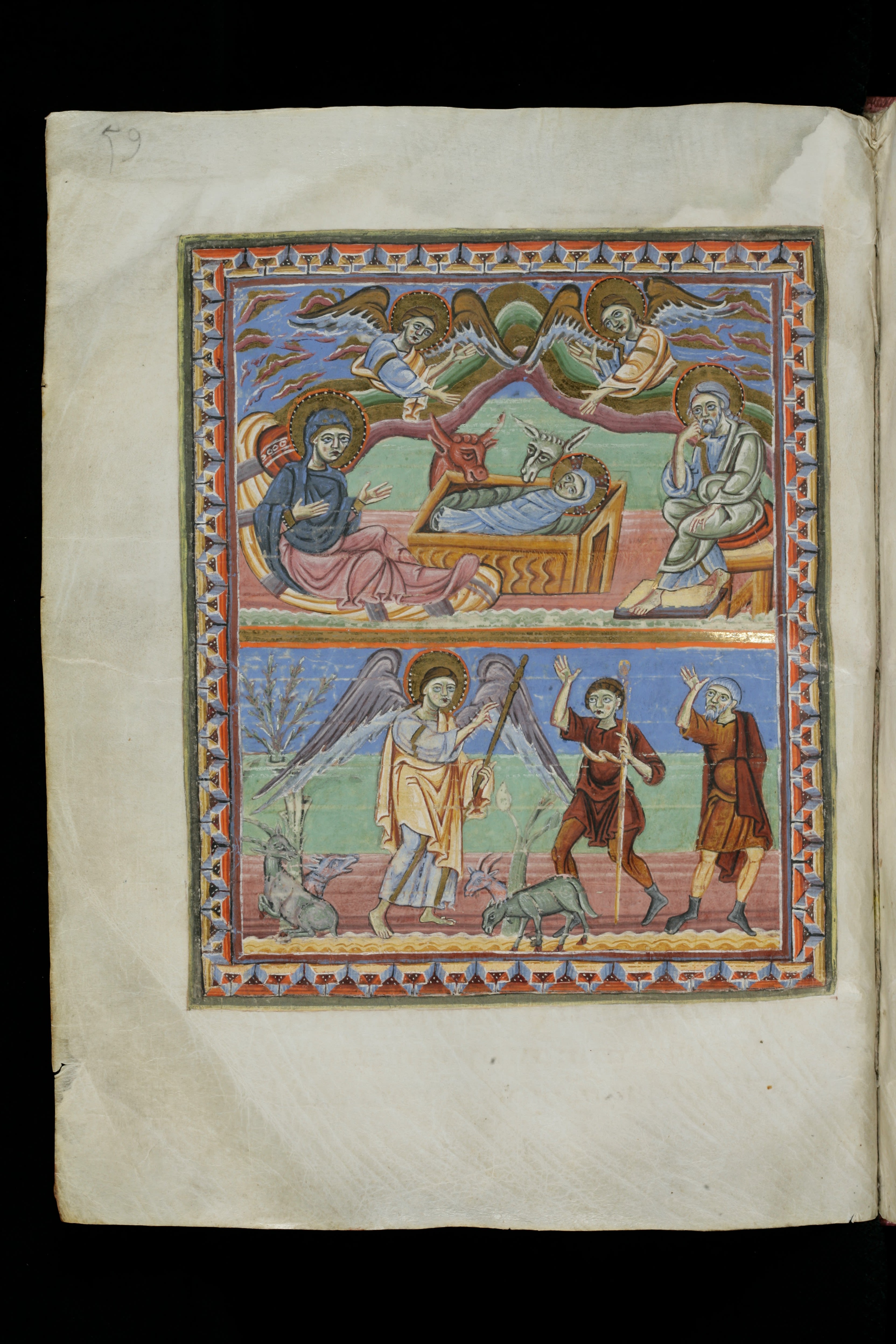
Credit: “Christmas scene in an 11th century manuscript” by Virtual Manuscript Library of Switzerland is licensed with Attribution-ShareAlike 2.0 Generic (CC BY-SA 2.0). Creative Commons.
Credit: “Christmas scene in an 11th century manuscript” by Virtual Manuscript Library of Switzerland is licensed with Attribution-ShareAlike 2.0 Generic (CC BY-SA 2.0). Creative Commons.
These traditions have been mainstays of our celebrations year on year, but while trees and wreaths remained prominent in last year’s festivities, pantomimes as we know them were mostly cancelled due to the pandemic.
This gave way to alternative solutions, such as Panto Online, but this year they have returned with a bang.
Anton Du Beke is starring in Cinderella at Richmond Theatre, while Shane Richie is starring in Dick Whittington at the New Wimbledon Theatre.
Artaud de La Ferrière said: “Like all popular cultural expressions, Christmas celebrations are largely influenced by dominant norms in society.
“Because of the force of consumer capitalism in our society, the act of buying industrially produced consumer items remains the more widely spread means of participating in Christmas for us today.”
This year, the first Christmas adverts for John Lewis and Boots began airing on 4th November, more than seven weeks before the big day, while a PWC survey found more than a quarter of consumers intend to spend more this year than in 2020.
PWC predicted a total spend of £21 billion on Christmas across the UK this year.
Artaud de La Ferrière said: “The other obvious, recent change in Christmas celebrations is its secularisation, which is to say its re-articulation in terms that are not explicitly religious.”
He noted that in the UK 66% of the population identified as Christian in 1983, compared with 38% in 2018.
He said: “As adherence to Christianity has sharply fallen in Western countries over the past few decades the participation in religious practices, such as having an Advent wreath, fasting during Advent and midnight mass, has given way to non-religious activities focused on folkloric symbols and consumer activities.
“Beyond that, the growth of vegetarianism and veganism in the UK affects celebrations through the widespread introduction of alternatives to roast meats.
“Since every dominant norm inspires a counter-cultural backlash, there are ostentatious rejections of the ‘consumerisation’ of Christmas, although this is often expressed through alternative modes of consumption which are intended to be ethics, such as buying charity cards, donating to charities in lieu of gift-giving or buying from local producers.”
A YouGov poll this year found that people would be more upset about not being able to give gifts than receive them and would be more upset about a lack of potatoes than turkey.

Dr Alexis Artaud de La Ferrière
Dr Alexis Artaud de La Ferrière
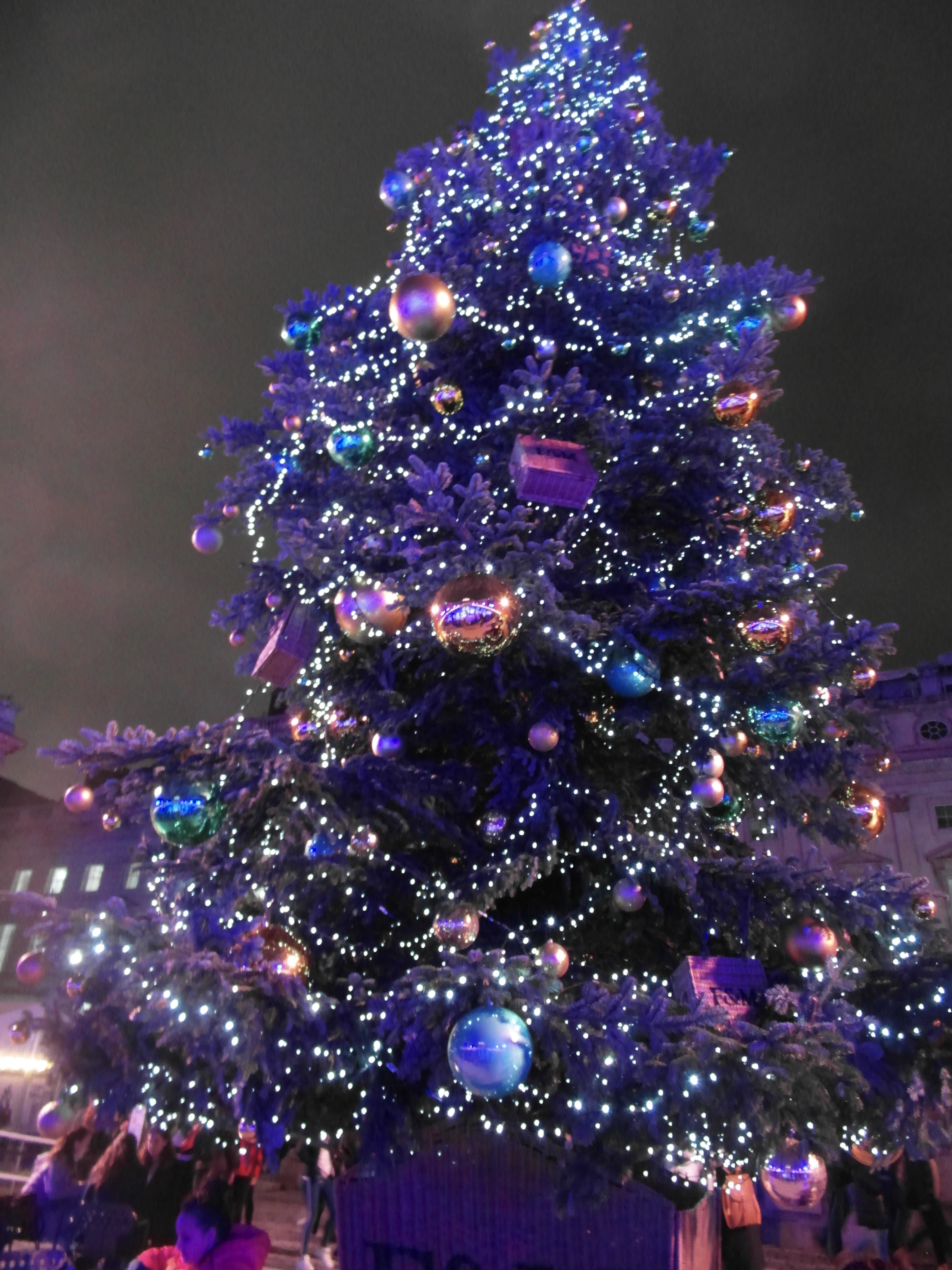
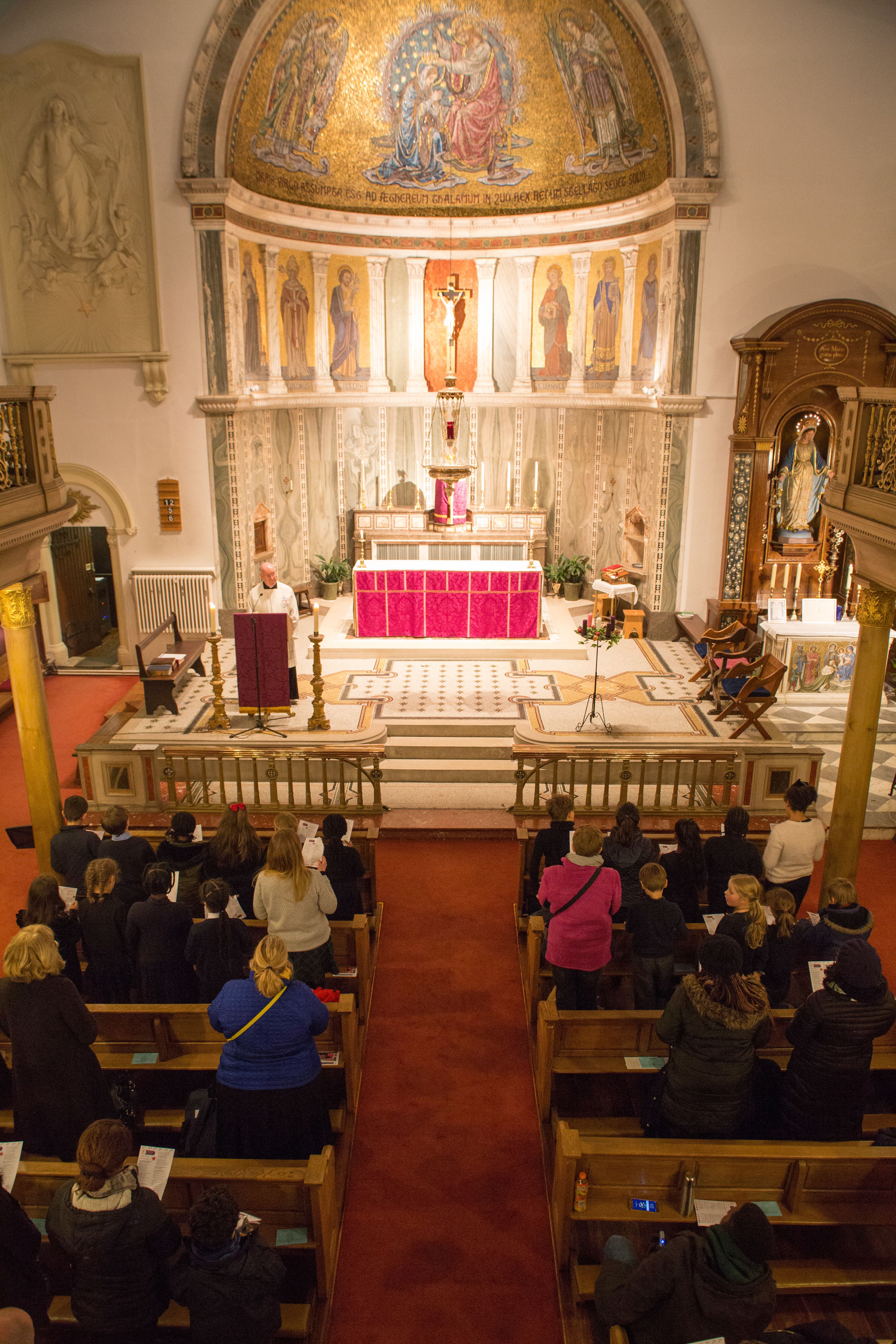
However, none of these shifts and changes could come close to what happened in 2020...
Christmas Present
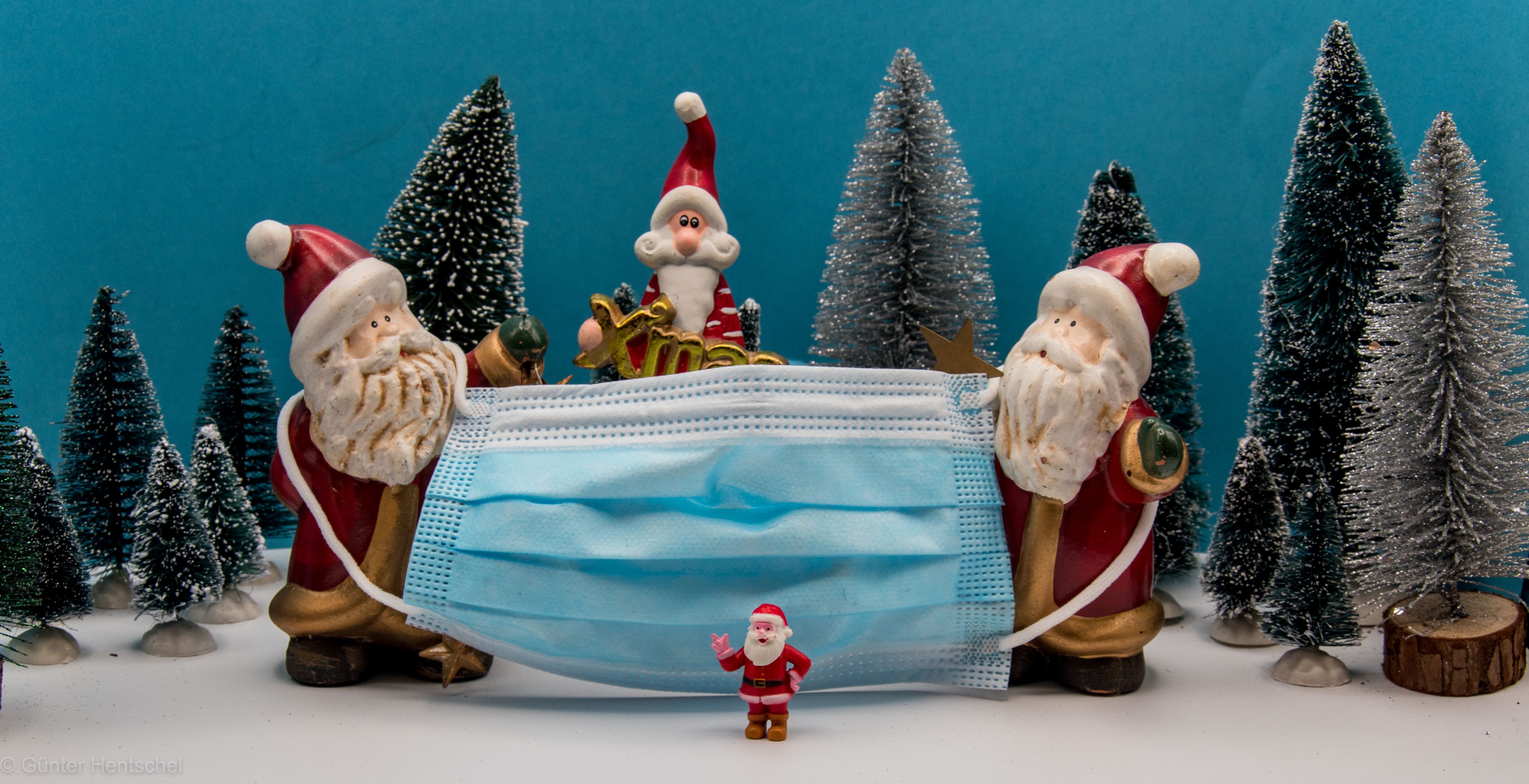
On 19th December last year, Prime Minister Boris Johnson announced that London would go into Tier 4 restrictions, removing for the capital the Christmas Bubble system which had previously been drawn up.
For the first time ever, millions of people would be legally unable to gather with family and friends on Christmas Day.
Anita Thorpe, founder of Diverse Gifts, Brixton’s first design-led gift shop which was been open since 1999, was one of these people.
She said her favourite Christmas traditions were the opportunity for rest and the gathering of family.
Thorpe said: "In almost 30 years of being in London I wasn’t able to go home last year for the first time ever, so I had a very, very quiet Christmas last year.
“It’s usually very much a family event, all my family’s in the Midlands, so I tend to go there for at least a week.
“I’m part of a large Caribbean family, I have lots of nieces and nephews and on Boxing Day we go out to a restaurant where it’s not unusual for there to be 20, 25 of us there.”
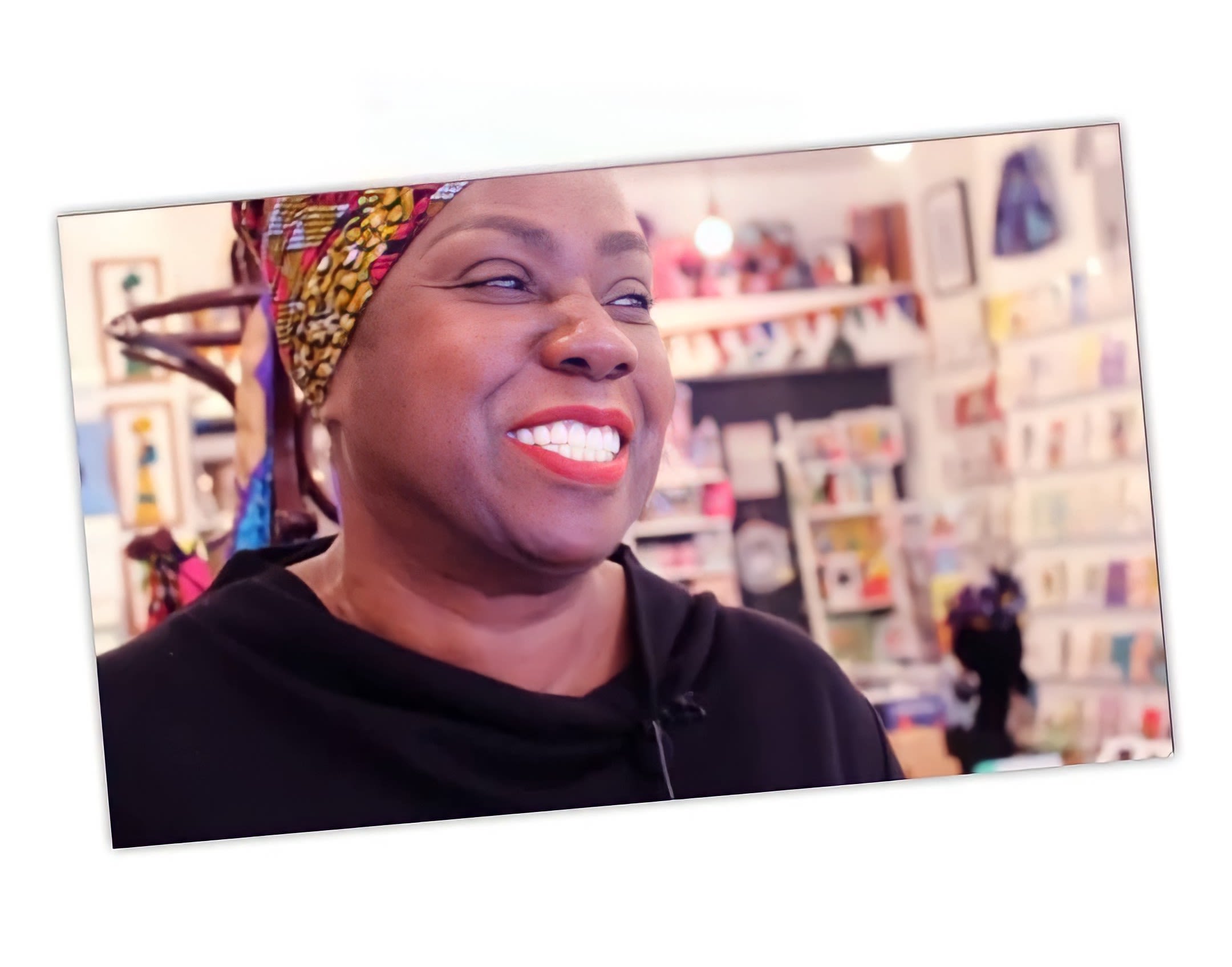
Anita Thorpe
Anita Thorpe
In an effort to put less pressure on consumers, Diverse starts displaying their Christmas items later than many other shops, in mid-November.
However, Thorpe has noticed that this year, the shop has been busier earlier in the year than usual.
She said: “I think people are trying to get all their stuff now in case there’s another lockdown.
“I’m actually preparing myself for that again this year because I think things are moving in that direction and I don’t think it will be back to normal.
“I hope it will be because if I can go to the Midlands then I absolutely intend to, it wouldn’t be Christmas otherwise, not for me anyway.”
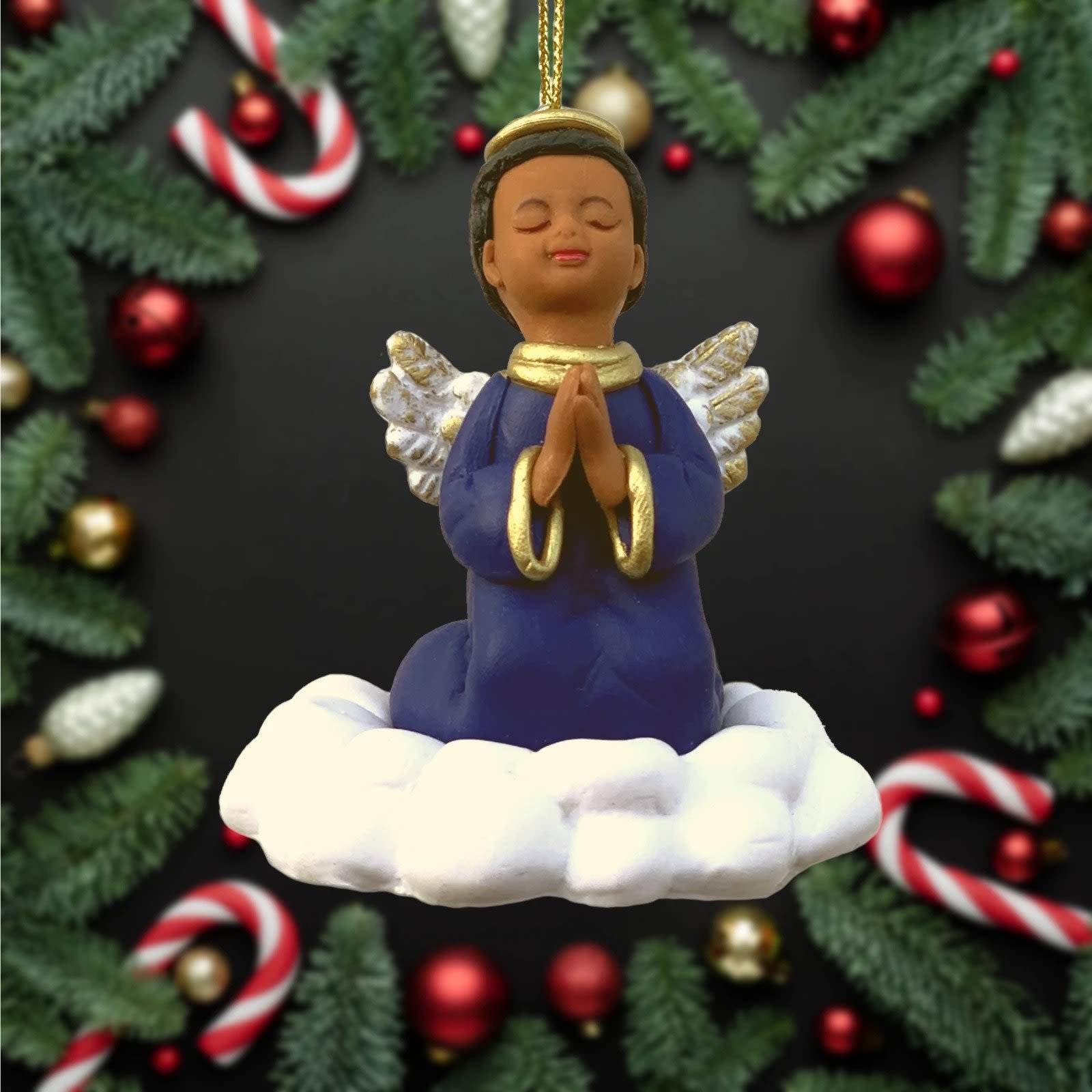
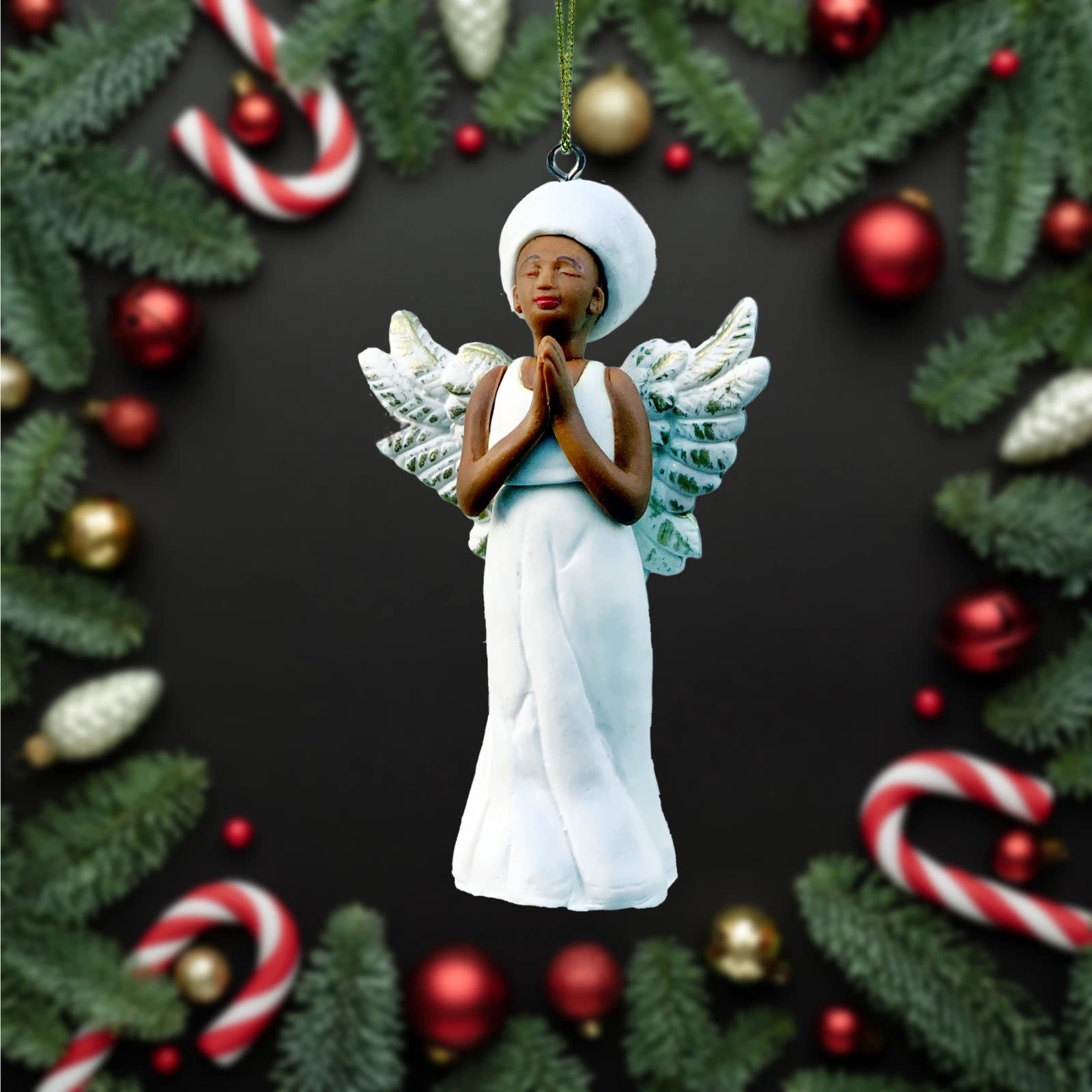


Decorations available at Diverse Gifts
Decorations available at Diverse Gifts

Decorations available at Diverse Gifts
Decorations available at Diverse Gifts

Decorations available at Diverse Gifts
Decorations available at Diverse Gifts

Faye Lloyd-Jones
Faye Lloyd-Jones
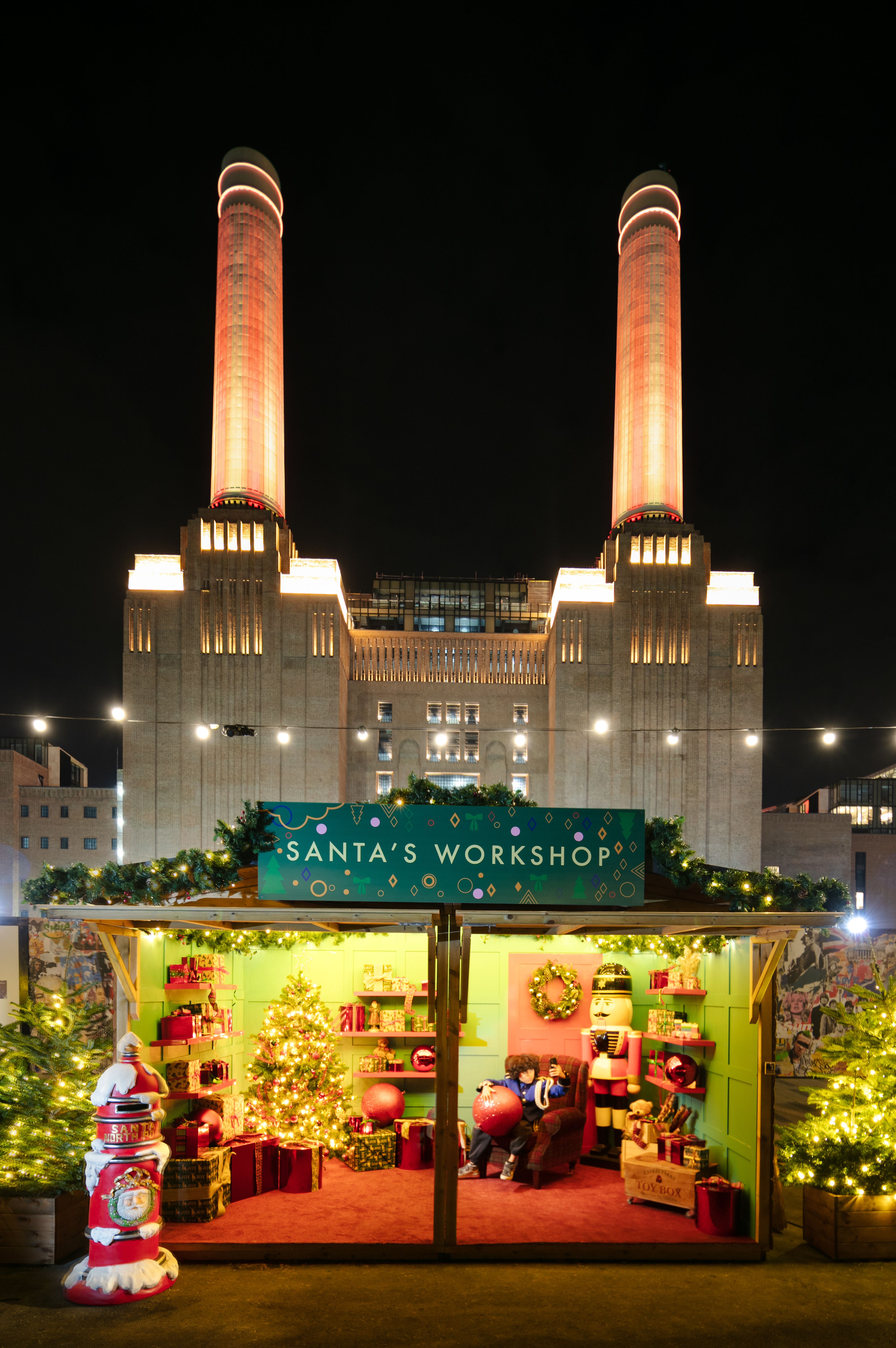
The Winter Village at Battersea Power Station. Credit: Brendan Bell
The Winter Village at Battersea Power Station. Credit: Brendan Bell
In their October survey PWC found that 67% of people were planning to spend Christmas with extended family, which was up on 53% last year but still lower than the 75% of people who would in a normal year.
One of Artaud de La Ferrière’s students at Royal Holloway, Faye Lloyd-Jones, 21, said she was able to be at home for Christmas with her family last year, and they engaged in some of their usual, favourite traditions.
She said: “We always wake up very early on Christmas Day, about three or four in the morning, and that has always been a key thing in my family.
“We are a Christian family and my dad has always made a massive point that we pray before opening any presents, even at three or four in the morning - we’re thankful for what we have.”
Lloyd-Jones, 21, is currently writing her Criminology and Sociology dissertation on the secularisation of Christmas practices and how Covid has impacted them.
She attends the Salvation Army church in Staines and has been taking part in a group called ‘Where is God in the Pandemic?’.
She said: “So many people at the group brought up how Christmas last year was their lowest point.
“I don’t know whether it was the dark nights, the hope that we had in Christmas as it is usually a real high point in the year, or because we were told that we couldn't follow these traditions that we’ve built up over the years.”
This year, many traditions have snapped right back as restrictions have eased and the season is in full swing.
The tyrannosaurus rex at the Natural History Museum was given a Christmas jumper and earlier this month Slade, most famous for their hit song Merry Christmas Everybody, played at Islington Assembly Hall.
Christmas markets have returned including on the South Bank and at The Winter Village at Battersea Power Station.
Sarah Banham, Head of Communities and Sustainability at Battersea Power Station, said: “It has been a challenging couple of years for everyone and we're thrilled we can bring some festive cheer to the banks of the River Thames with the return of The Winter Village.
“I think Christmas has returned on a bigger scale this year with people looking for fun, festive activities to enjoy because for many it wasn’t possible to celebrate together in 2020."
Meanwhile small businesses are set to see a Christmas bump above the norm, as a study earlier this month suggested more than £8 billion will be spent in independent shops, with consumers choosing to avoid bigger stores.
However, in Scotland people have been advised to limit socialising to three households and there are fears that more legal restrictions across the UK may soon be needed to tackle Omicron.
Exactly how Christmas will shape up this year is still unknown.
Christmas Future
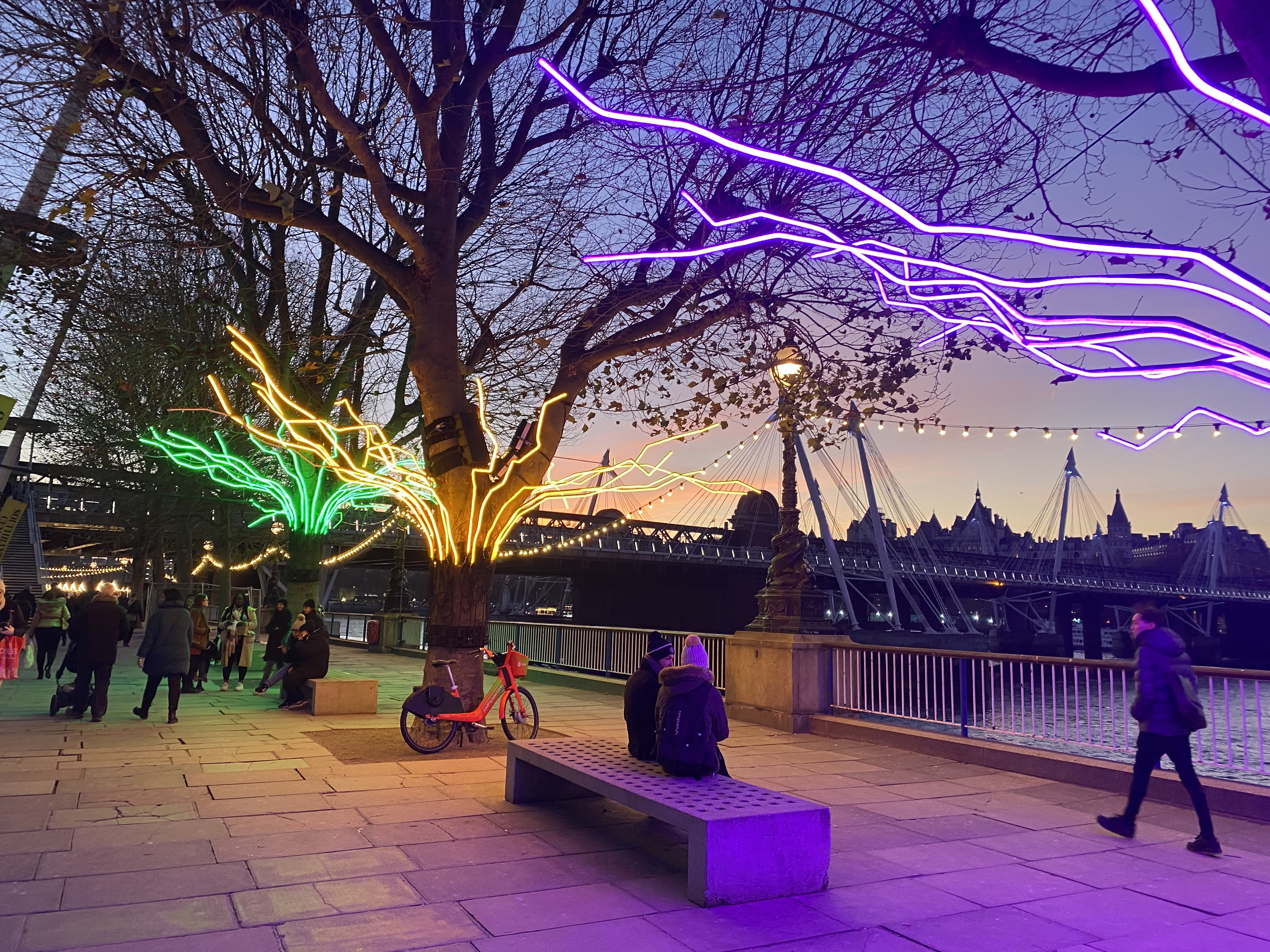
Questions remain around exactly what the future holds for Christmas celebrations and how traditions will continue to evolve.
Lloyd-Jones said: “Last Christmas I said to my mum and dad ‘it’s impossible for them to cancel Christmas, they just can’t’.
“And then obviously they did, very last minute.
“I think everyone’s very keen to get back with family for Christmas and I think that was a massive loss of last year.
“They’re less bothered about going out for a meal or going to see a light show or anything like that, it was more about the people you couldn’t be with last year.”
Lloyd-Jones said that she felt the most important had now become the gathering of family, more so than any other religious or secular traditions.
In October an Ipsos MORI poll found 54% of people were worried about catching Covid-19 and having to self-isolate over Christmas, even at a time before the emergence of Omicron, showing how important the communal aspect of the festival is.
Lloyd-Jones said: “I also think the pace of life will definitely stick around, because it was so slow last year and you didn’t have to be anywhere and there weren’t any expectations, and I think that is actually what people preferred.
“And it’s interesting because I’ve been talking to a lot of people and so many people say the same, let’s just slow it all down a bit, and really just focus on being there in the moment.
“It is the most widely accepted day off that people have, it’s a day of just stopping and I think that will definitely stay on, whereas in previous years it seems to have gone a bit manic and it’s become more about the presents and moving about and seeing all these different people.
“So I think to just be in your home was important last year and will continue to be important.”
Whether Christmas does become a smaller, more intimate affair or becomes bigger than ever, whether it continues to become more secular or whether it reverts back to its religious roots, it would appear that, as with everything else in our society, the pandemic has set change afoot.
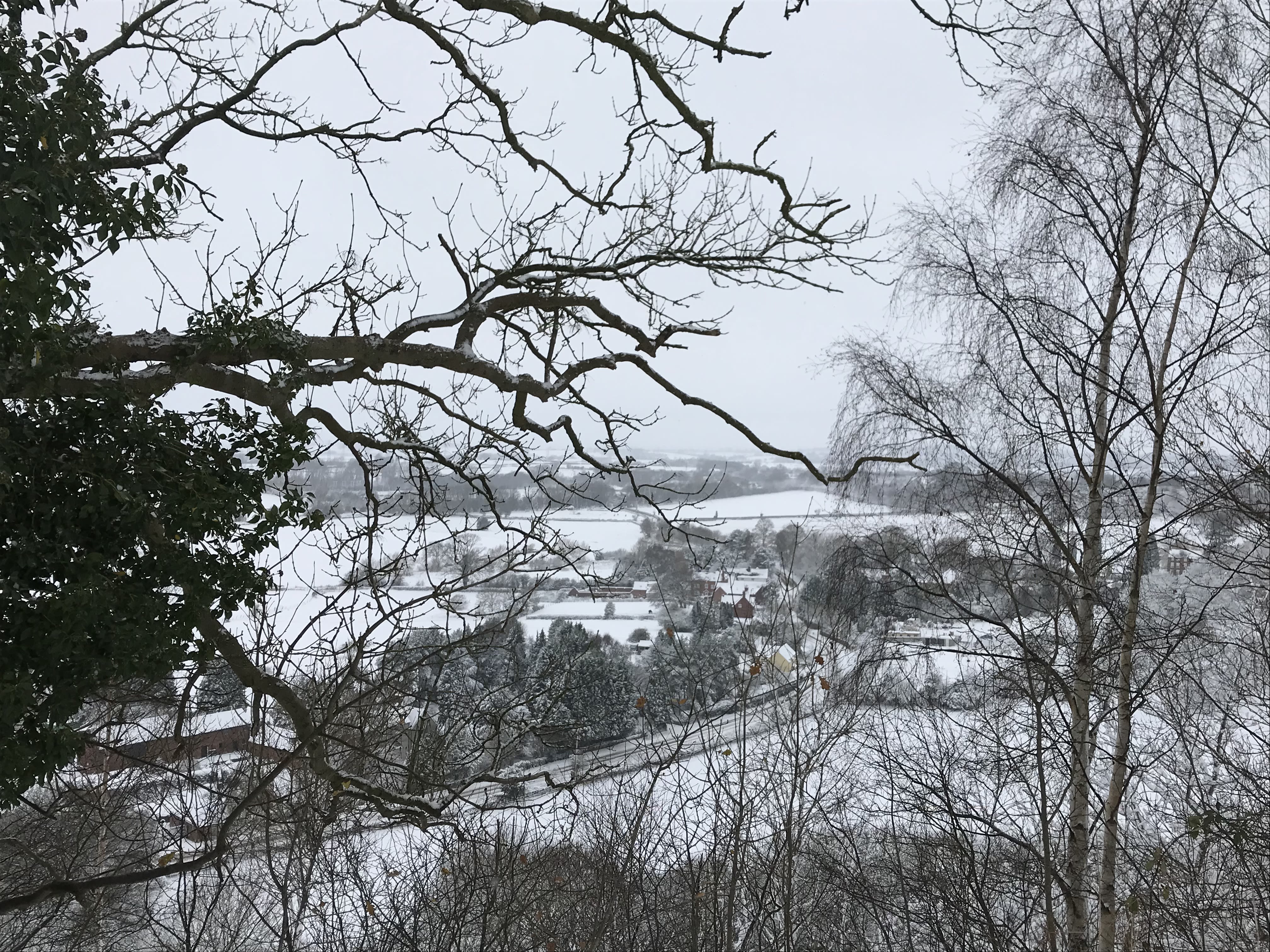
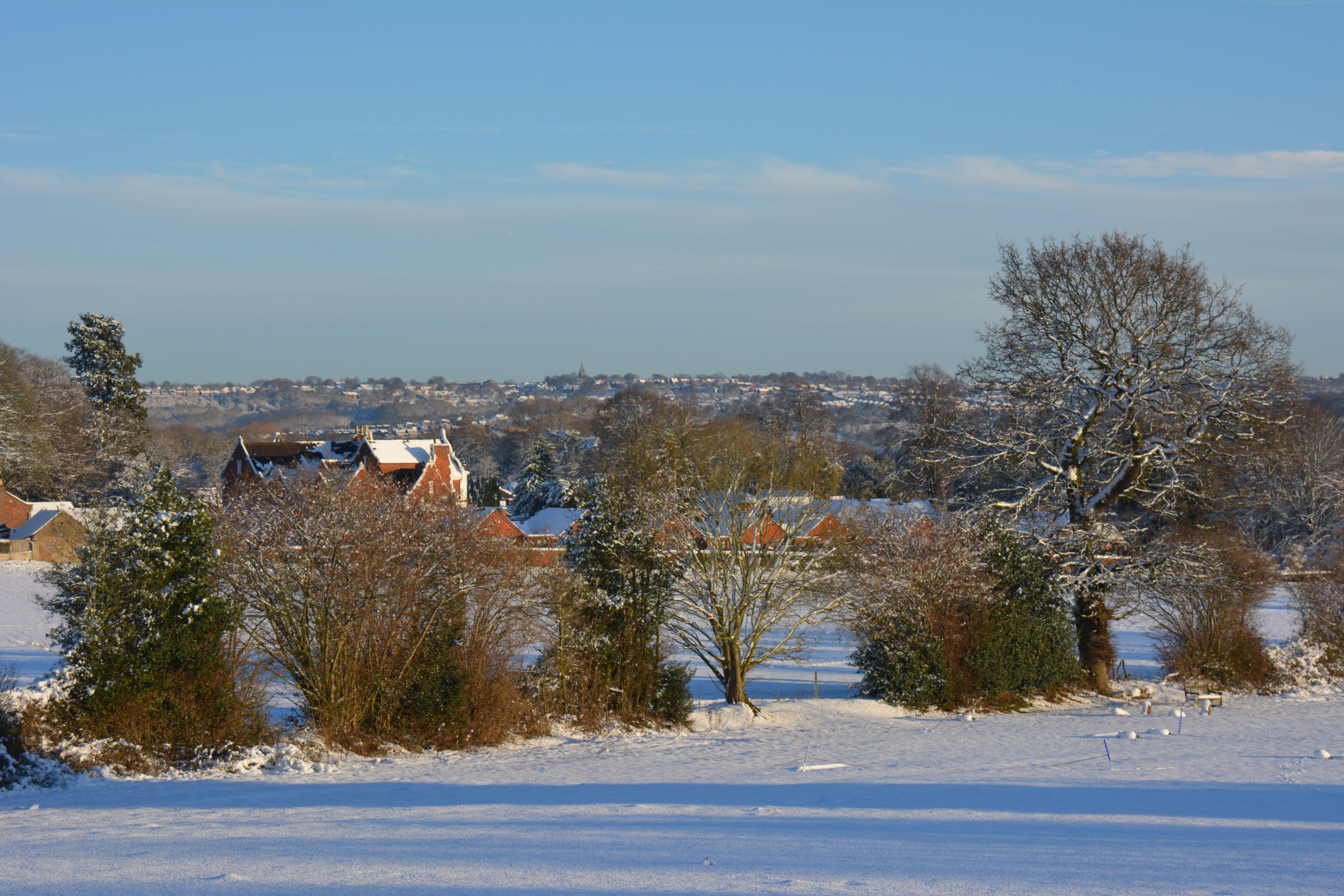
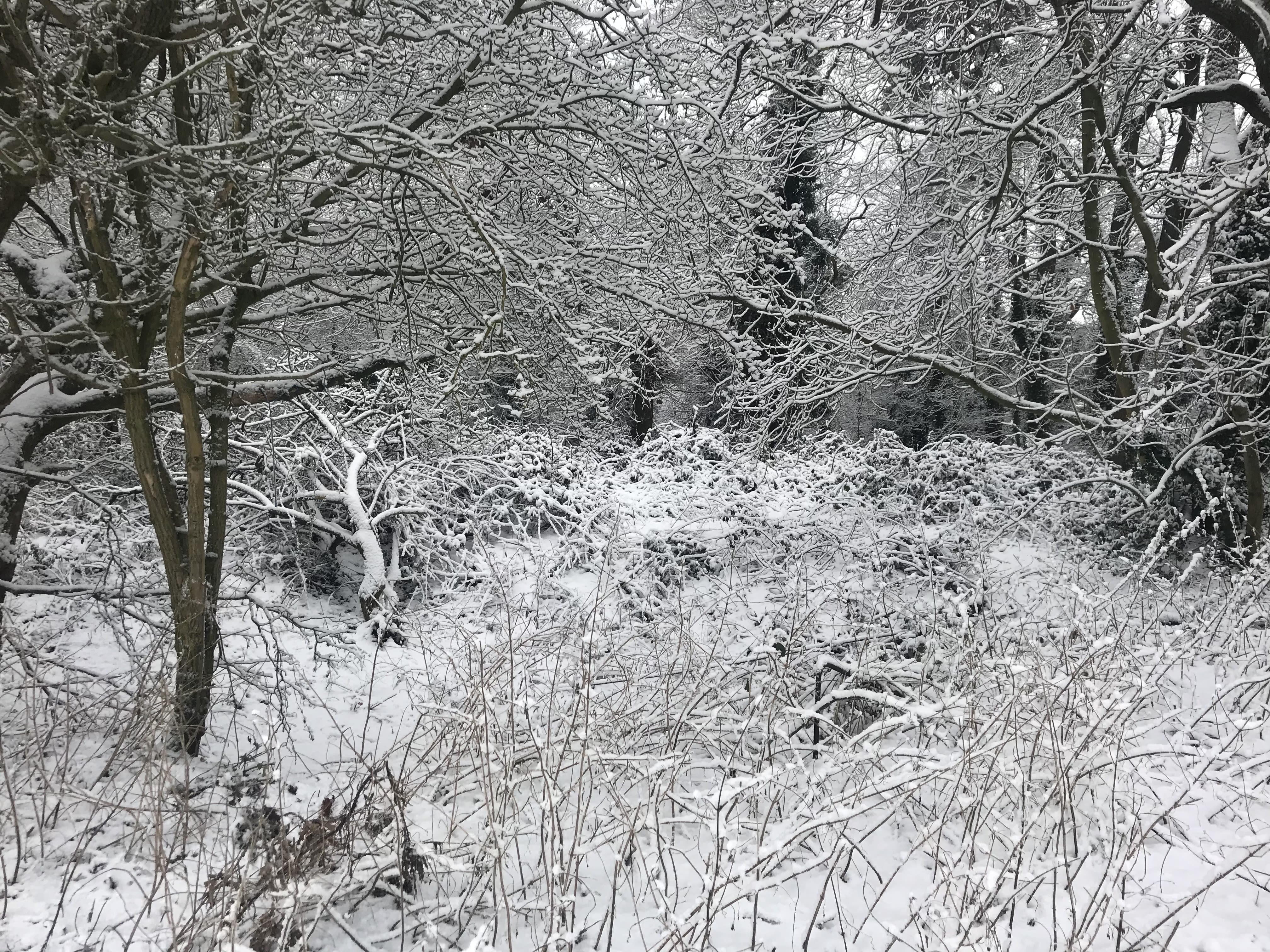
Image credits - “Picadilly lights” by James Petts is licensed with Attribution-ShareAlike 2.0 Generic (CC BY-SA 2.0). Creative Commons.
“a.canvas.of.lights” by Illumination is licensed with Attribution 2.0 Generic (CC BY 2.0). Creative Commons.
